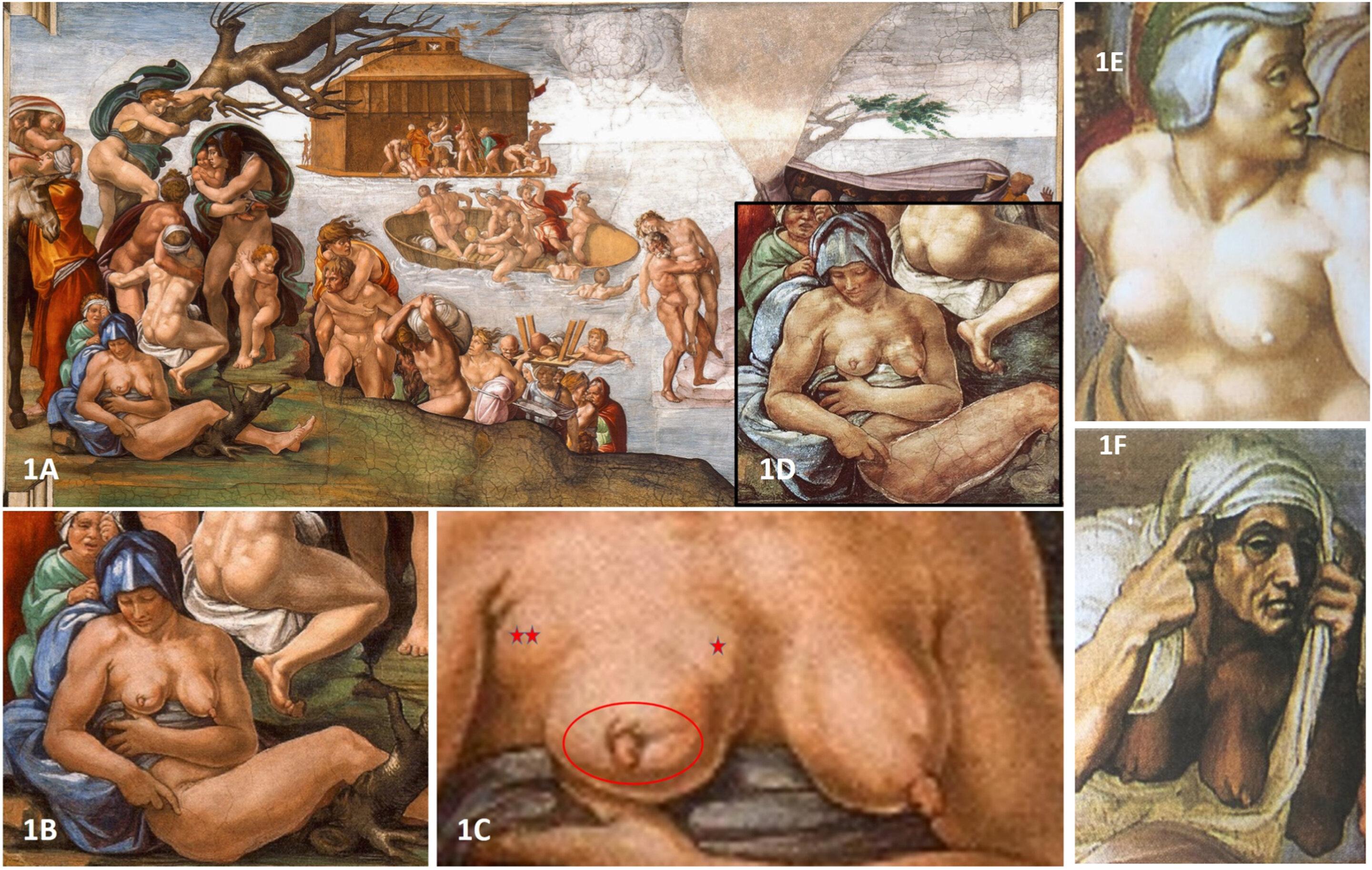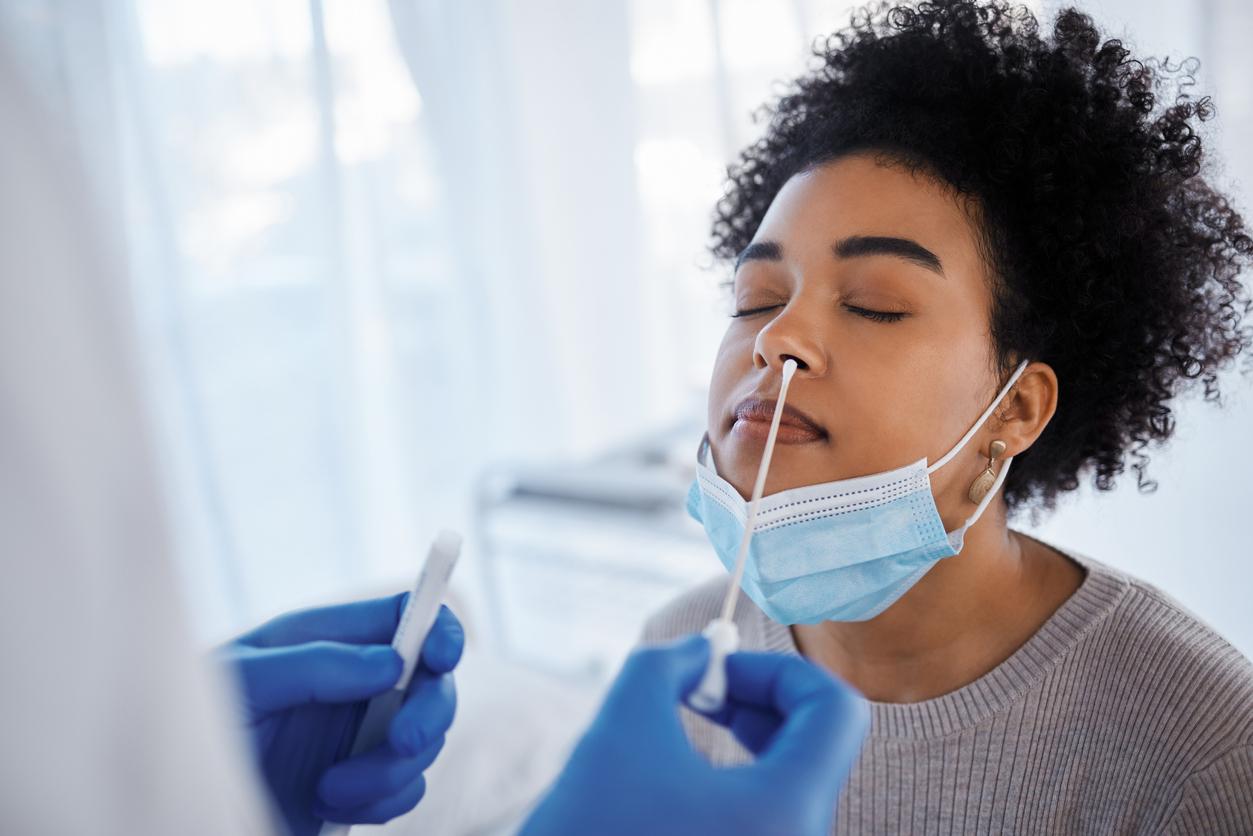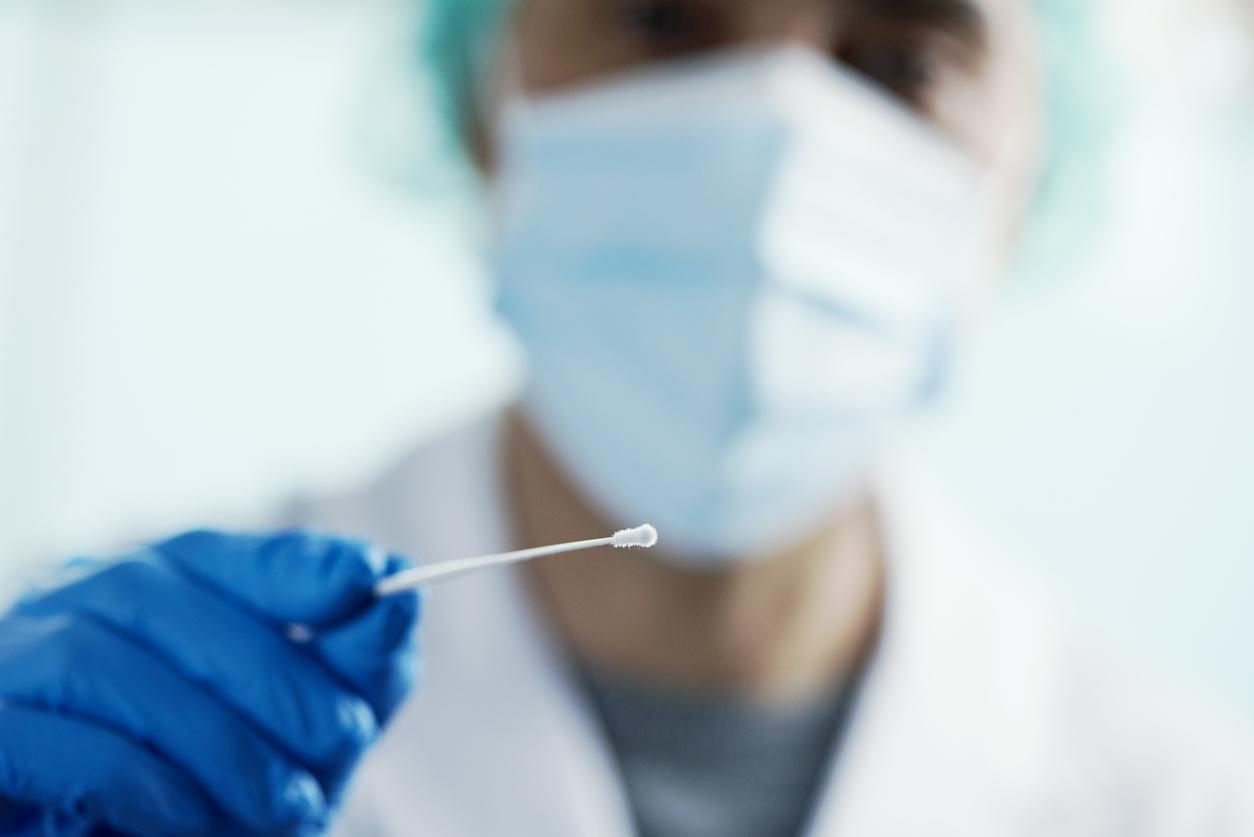A scientific experiment confirms that the micro-droplets of saliva that come out of our mouths when we speak can be vectors of transmission of the coronavirus.

We already knew that the droplets contained in the postilions and expelled by coughing or sneezing are the main vector of transmission of the coronavirus. A new scientific experiment, conducted by researchers from the National Institute of Diabetes and Digestive and Kidney Diseases and published in the journal Pnasshows that the micro-droplets released when speaking can also transmit Covid-19.
1,000 airborne droplets for 8 minutes
For this experiment, scientists placed a person in a closed box and made them talk to study the droplets released. Thanks to a laser, they were able to quantify the number of droplets expelled. This patient had to repeat in a loud voice “Stay healthy” for 25 seconds. The researchers then observed that the droplets remained in the air for 12 minutes.
Adding the known concentration of Covid-19 in saliva, researchers have estimated that loud speech can generate the equivalent per minute of more than 1,000 contaminated droplets capable of remaining airborne for 8 minutes or more. , in a closed space. “This direct visualization demonstrates that normal speech generates airborne droplets that can remain suspended for tens of minutes or more, and are eminently capable of transmitting disease in a confined space.”concludes the study.
The mask, the best protection
This study justifies wearing a mask. In addition to sputters or droplets expelled during a sneeze and which settle on different surfaces, speech is also a vector of transmission and only a mask can prevent micro-droplets from entering the air. In France, the mask is compulsory in public transport, at school and in certain shops.
.

















